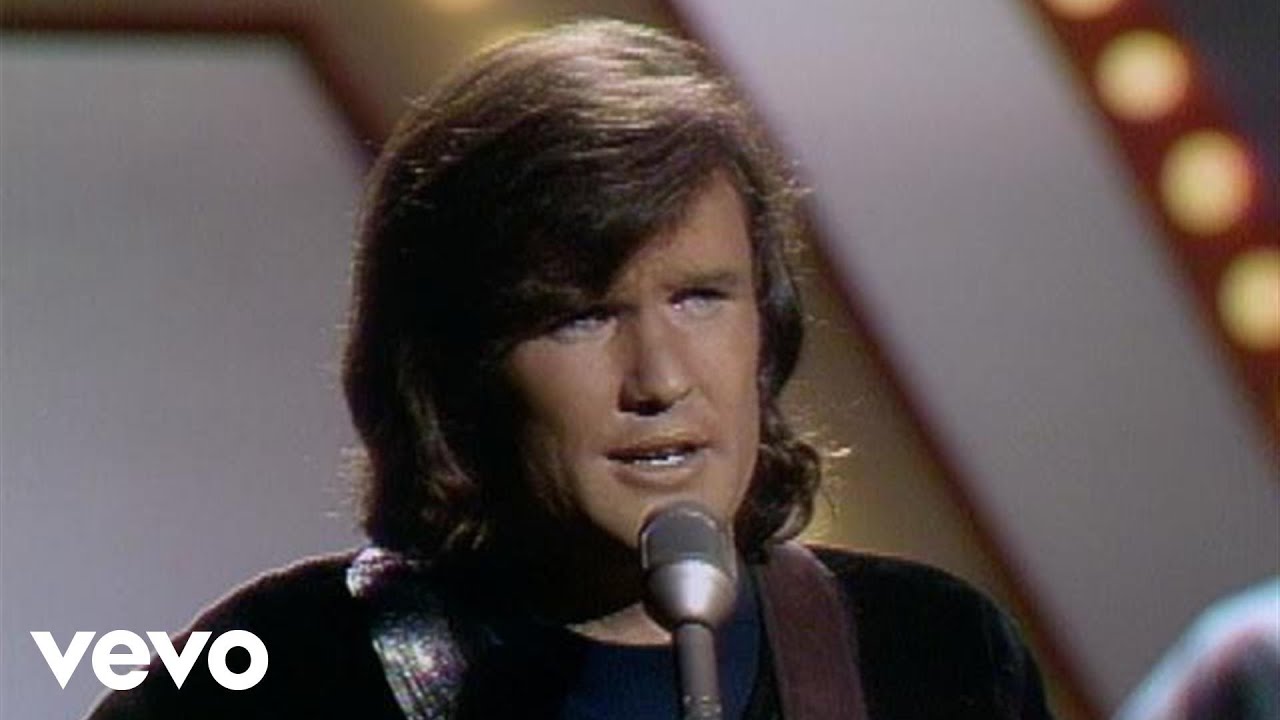
Kris Kristofferson’s “Loving Her Was Easier (Than Anything I’ll Ever Do Again)”, a song that reverberates with the bittersweet ache of lost love. Released in 1971 on his debut album, “The Silver Tongued Devil and I”, this ballad established Kristofferson as a leading voice in country music’s introspective singer-songwriter movement.
---> Scroll down for the VIDEO at the END
Kristofferson, a Rhodes Scholar turned soldier turned musician, brought a unique literary quality to his lyrics. “Loving Her Was Easier” isn’t a tale of fiery heartbreak, but a poignant reflection on the aftermath. The melody, a gentle acoustic guitar and melancholic piano, complements the narrator’s voice – a weary sigh rather than a desperate cry.
The beauty of the song lies in its simplicity. We don’t get the details of the relationship’s demise, just the lingering impact. The opening lines paint a vivid picture: “I’ve seen the morning burning golden on the mountain, / In the sky, akin with a feeling of the freedom of an eagle when she flies.” This imagery of a glorious sunrise juxtaposes the narrator’s internal state. The freedom of the soaring eagle mocks his own grounded reality, a reality devoid of his lost love.
---> Scroll down for the VIDEO at the END
“Loving Her Was Easier” doesn’t shy away from vulnerability. The narrator admits, “I don’t know the answer to the easy way.” Love, in its messy complexity, presented less of a challenge than navigating life without her.
The chorus, a repeated “Loving her was easier than anything I’ll ever do again”, underscores the depth of this sentiment. It’s a simple line, yet it carries the weight of a thousand unspoken emotions – regret, longing, and perhaps a touch of self-pity.
The song isn’t without its fleeting moments of optimism. “Dreaming was as easy as believing, / It was never gonna end”, hints at the innocence and hope that once colored their love. But these glimpses are fleeting, quickly overshadowed by the all-encompassing reality of loss.
“Loving Her Was Easier” is a masterclass in emotional storytelling. Kristofferson uses evocative language and relatable imagery to capture the universal ache of a love lost. It’s a song that lingers long after the last note fades, a testament to the enduring power of memory and the scars love can leave on the soul.
